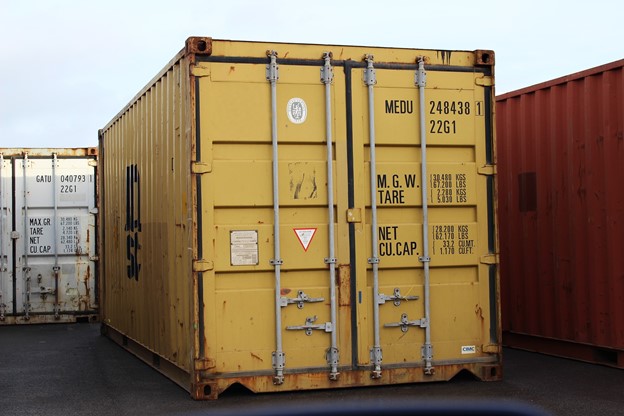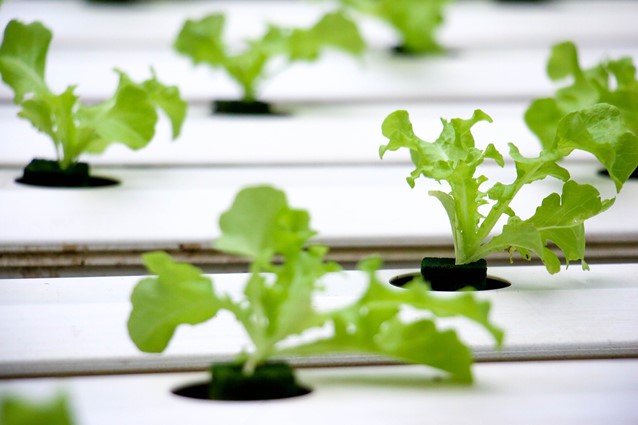Saving... Please wait..!
Vertical Farming Sustainability | Utilizing Agricultural Skills | Global Energy Show
Vertical Farming Sustainability in Alberta: How a Local Company is Changing the Game
If there's one thing this pandemic has done, it's enabled people to think outside the box, take on new hobbies or learn new skills. However, Jason Courtepatte of Kite AG Systems has taken more of an entrepreneurial approach which involves repurposing shipping containers (or sea cans) into vertical indoor farming systems.
With his new company Kite AG Systems, Jason is addressing the lack of food security in city centres, bringing food supply to urban areas, and leveraging the sustainability of vertical farming to address the environmental concerns associated with traditional agriculture.
Jason sat down with Rachel Gregory, Digital Host at The Global Energy Show, to discuss how his company is making a sustainable difference.
Interview with Jason Courtepatte, President of Kite Ag Systems
Launching a Sustainable Vertical Farming Business During COVID-19
Rachel: How did you launch a business throughout COVID-19?
Jason: It was a matter of necessity, really. I mean, things were shutting down. This was early April. We had to do something kind of new, different, and innovative. I was actually teaching a solar design and installation course up in a White Horse when I met some fine folks from Cold Acre Food Systems. I had a great conversation with them and really used that to springboard the idea of Kite AG. We decided to launch something that was locally sourced and locally sustainable. We wanted to be able to build something that is provided by small businesses here in town.
Turning Shipping Containers into Indoor Vertical Farms

Rachel: With this, you call them sea cans, what does this look like? What is happening inside of them?
Jason: So shipping containers, commonly referred to as sea cans, are what we're going to be using for the basis of our vertical farming systems, simply because they're plentiful, they're cheap to fabricate, and they're very easy to insulate as well. The vertical farming containers include racks of growing trays going front to back throughout the unit, with some room in the back end for some mechanical equipment. There is ventilation, humidity and temperature control, as well as lighting controls built into the food system. An ongoing watering system will keep the plants hydrated, and then, of course, you'll have remote access monitoring via an app to determine how your system is doing.
We're using nutrient film technology, which isn't an incredibly new, crazy, wild idea. This is pretty standard practice. However, we are working on building a supply chain of manufacturers, consultants, and designers to be able to build these systems right here in Edmonton, using the fabulous resources we have around us.
Increasing Food Production in a Significantly Smaller Space
Rachel: So the output for this system is quite huge. Can you talk more about how much food could be produced in a week or a month and how this is so impactful?
Jason: Our current estimates put our production at anywhere between 100 to 150 pounds of produce per week, including fruits and vegetables like tomatoes and berries, leafy greens such as kale and spinach, and herbs. Of course, that's going to be a bit too much for a single-family home. So, we're mainly targeting nonprofit organizations, community centers, and even farmers that are looking for a little residual income throughout the winter. You can park a few of these sea cans near your property and begin growing fresh produce year-round.
Making the Switch From Electrical Work to Shipping Container Farming
Rachel: Well, you're an electrician by trade. That's your background. So how did you become interested in starting an agriculture business?
Jason: That's a very good question. While agriculture is very different from electrical work, it's still very similar in many respects. I've found there are more than enough people that are willing to help you out and grow a business that you are excited about. I may not be as educated about it, but that's why I've surrounded myself with a close circle of people that are far more intelligent than me.
Improving the Sustainability of Food Production through Hydroponics

Rachel: How is Kite AG Systems addressing sustainability issues when it comes to food production?
Jason: The thing that's not often considered here is where does that head of lettuce come from? There are more and more local producers in Canada and in Alberta that are growing ingredient greenhouses or controlled environment agriculture (CEA) systems. But, a lot of produce is still shipped up from The States, so there are trucking costs. Traditional farming methods are associated with environmental costs in diesel, fuel, and truck maintenance, and in the agriculture and the land area that is used in California or Alberta. One of our systems at 320 square feet can yield roughly the equivalent amount of produce as one acre of farmland with traditional agriculture.
Rachel: You guys are doing amazing things and it's so great to learn about a sustainable solution for food production, especially within urban areas where food demand is increasing. So, thank you so much.
Learn More About the Future of Sustainable Food Production
With growing concerns about climate change, greenhouse gas emissions, declining arable land and energy consumption issues, sustainable development has never been more important. Kite AG Systems’ hydroponic systems are a great example of how industry leaders are overcoming the challenges of a growing population through innovation and sustainable solutions.
If you’re interested in learning more about sustainable energy innovations from the people actively changing the game in North America’s energy industry, register for the next Global Energy Show today.
Vertical Farming Sustainability | Utilizing Agricultural Skills | Global Energy Show
Beware of email scams
DMG Events has been informed from several exhibitors are receiving scam emails . Please be aware these offers are fraudulent. These scammers do not have any relationship with DMG Events.In accordance with GDPR, CASL and other jurisdictional data privacy regulations, DMG Events will never sell your data to any third party organisations. Please see our Privacy Policy for more information regarding how DMG Events will process and store your information.





